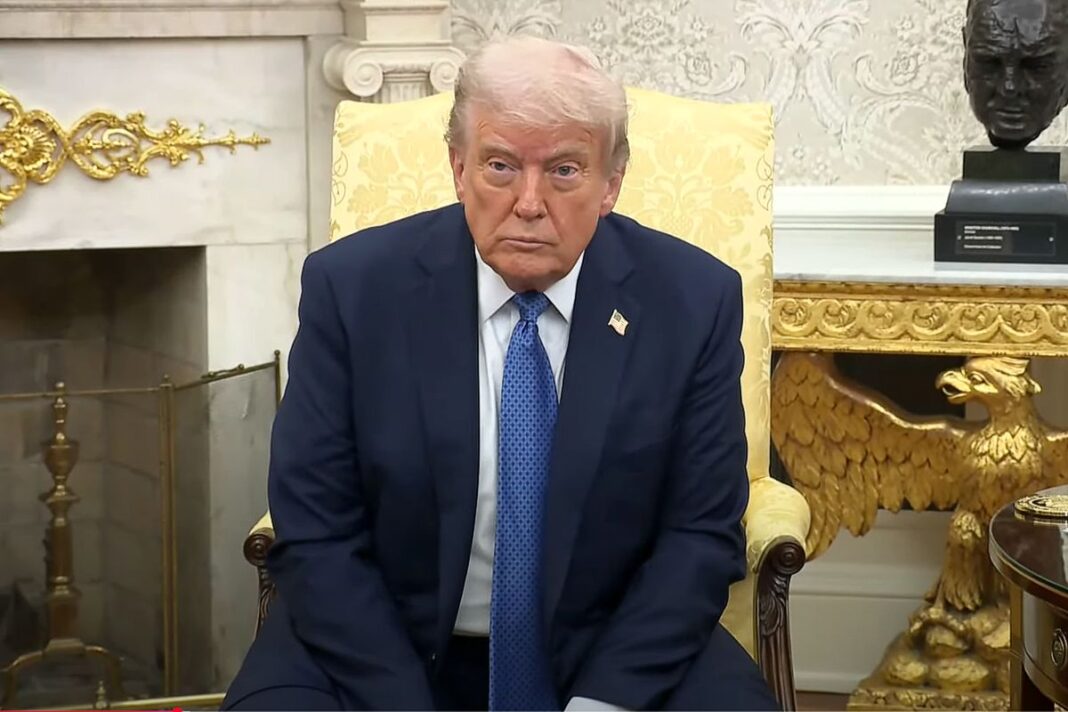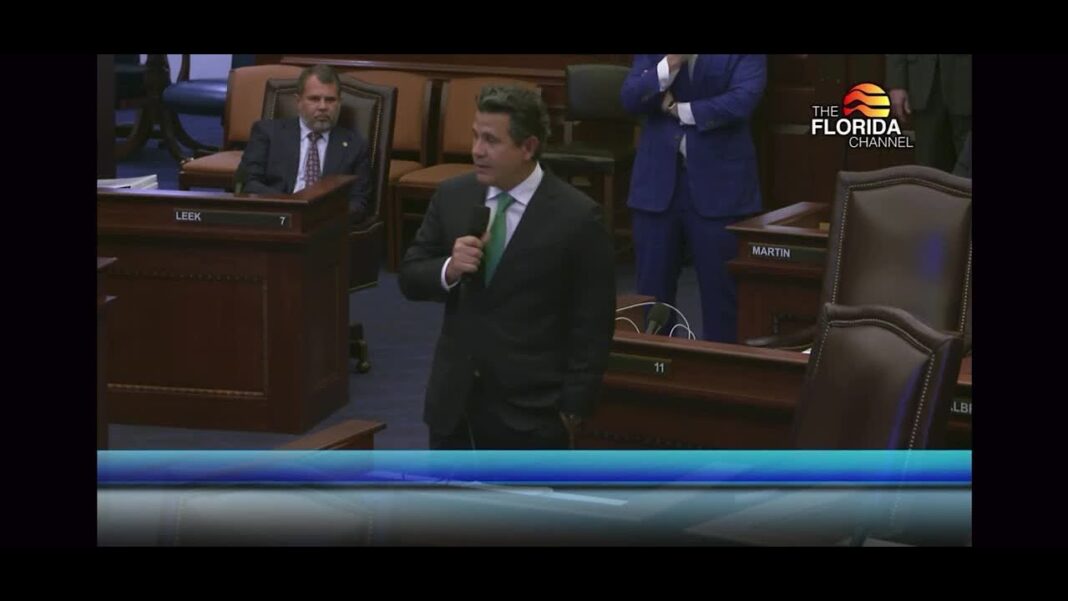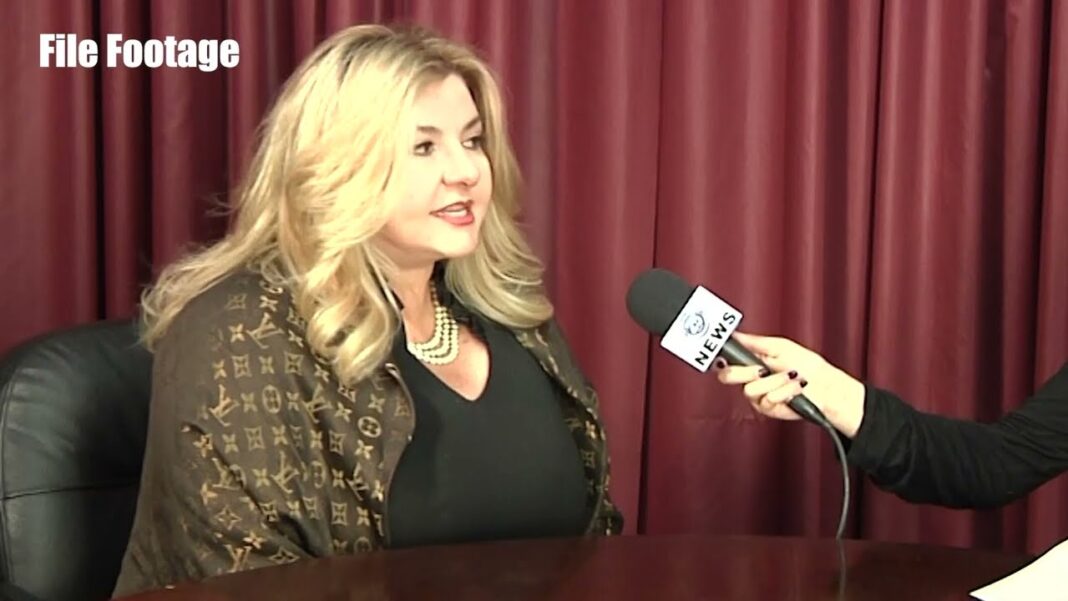Trump has traded barbs with Ukrainian President Volodymyr Zelenskyy this week over how best to settle the ongoing Russia–Ukraine war.
Russia will retain control of the Crimean Peninsula, President Donald Trump said in a new interview with Time magazine published on April 25.
Russian forces wrested Crimea from Ukraine in 2014, following a period of societal upheaval in which Russia-friendly former Ukrainian President Viktor Yanukovych fled the country.
Since 2022, Russian forces have managed to capture and exercise control over even more territory in eastern Ukraine.
Ukrainian President Volodymyr Zelenskyy has been reluctant to allow these Russian gains to stand, but Trump is seeking to freeze the ongoing Russia–Ukraine war along something resembling the current battle lines.
“Crimea will stay with Russia,” Trump said in an April 22 interview with Time, published on April 25.
“Zelensky understands that, and everybody understands that it’s been with them for a long time.”
Over the past week, Trump began circulating a proposal to end the fighting between Russia and Ukraine.
In a press conference on April 22, Zelenskyy reiterated his opposition to Ukraine’s formally recognizing Russian control over any territory it has captured since 2014.
Trump responded in a post on his Truth Social account the following day, stating: “It’s inflammatory statements like Zelenskyy’s that make it so difficult to settle this War.
“The situation for Ukraine is dire—He can have Peace or he can fight for another three years before losing the whole Country.”
The Crimean Peninsula has changed hands more than once over the decades.
The Soviet Union assigned control over the territory from Russia to Ukraine in 1954. Following the collapse of the Soviet Union, the Russian Federation made arrangements to lease naval facilities in the Crimean port city of Sevastopol.
In the 2000s and early 2010s, Ukrainian society became divided over efforts to expand economic relations with the European Union. Amid pressure to maintain strong trade ties with Russia, Yanukovych declined to sign an agreement to expand EU–Ukrainian economic relations.
A protest movement emerged against Yanukovych, which saw increasingly violent clashes between Ukrainian authorities and protesters.
By Ryan Morgan








